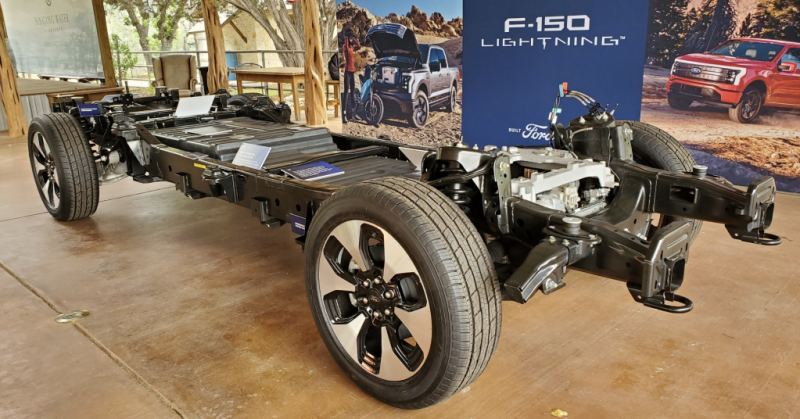In a world where sustainability and innovation collide, electric vehicles (EVs) stand at the forefront of automotive advancement. As the automotive industry continues its electrifying evolution, concerns regarding the longevity and reliability of EV batteries have often been raised. However, a recent study sheds light on a reassuring trend: modern EV batteries are proving to be exceptionally reliable.
According to a comprehensive analysis conducted by battery health startup Recurrent, titled “New Study: How Long Do Electric Car Batteries Last?,” and highlighted by the U.S. Department of Energy’s Vehicle Technologies Office, the reliability of plug-in electric vehicles’ lithium-ion batteries has shown significant improvement in recent years. The study, which examined data from approximately 15,000 rechargeable vehicles spanning model years 2011 to 2023, revealed a noteworthy decline in battery failures after 2015.
In the nascent stages of EV production, particularly from 2011 to 2015, concerns regarding battery failures were more pronounced. Statistics indicated that up to several percent of vehicles experienced battery failures during this period, with the worst model year, 2011, exhibiting a 7.5% failure rate. However, as the industry matured and technology advanced, a remarkable shift occurred. From 2016 onwards, there was a discernible decrease in battery failures, signaling a significant leap in reliability.
The study attributes this improvement to a combination of factors, including advancements in battery cooling systems, enhanced thermal management strategies, and the utilization of cutting-edge battery chemistries. These technological innovations, coupled with stringent quality control measures, have contributed to the enhanced durability and longevity of EV batteries.
While the study’s findings offer reassurance to current and prospective EV owners, questions regarding the acceptability of a 0.1% failure rate, as observed in 2023, linger. Additionally, the EV industry faces the challenge of continually striving for even greater reliability as it aims to meet the evolving demands of consumers.
Delving into individual models, the study highlights early Tesla Model S and Nissan Leaf vehicles as experiencing relatively higher rates of battery failures. Notably, the 2013 Tesla Model S and the 2011 Nissan Leaf recorded particularly elevated failure rates, underscoring the significance of ongoing improvements in battery technology and manufacturing processes.
Despite these advancements, the industry has not been without setbacks, as evidenced by the recalls of certain models due to battery-related issues. Notably, the Chevrolet Bolt EV/Bolt EUV and Hyundai Kona Electric faced recalls stemming from faulty batteries manufactured by LG Energy Solution.
As the automotive landscape continues to embrace electrification, the study’s insights serve as a testament to the strides made in enhancing the reliability and longevity of EV batteries. With ongoing innovation and a commitment to excellence, the future of electric mobility promises to be both sustainable and dependable.

